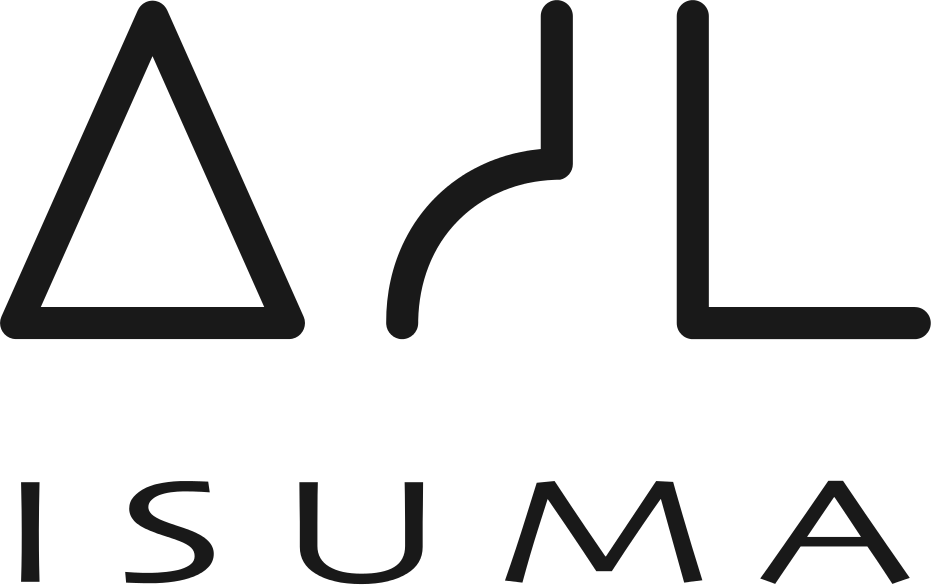Human Rights and the Baffinland Iron Mines Corporation – Summary
Human Rights and the Baffinland Iron Mines Corporation – Summary
International standards require companies to respect human rights. This implies having a human rights policy, an on-going process to prevent adverse impacts on human rights, and an effective operational-level grievance mechanism. Many leading mining companies and industry associations have begun to develop detailed human rights policies and procedures. One of these companies is Baffinland’s parent company, ArcelorMittal. While there is no legal requirement for Baffinland to explicitly address human rights at the Mary River mine, the company should develop a human rights policy and procedures in order to meet international standards for the mining industry, the corporate policy commitments of ArcelorMittal, and the expectations of its stakeholders.
International human rights standards require companies to respect human rights. This implies having a human rights policy, an on-going process to prevent adverse impacts on human rights, and an effective operational-level grievance mechanism. These standards are contained in the UN Guiding Principles on Business and Human Rights that were unanimously adopted by all Member States of the United Nations in 2011.
While the Government of Canada supports the UN Guiding Principles on Business and Human Rights, there is no legal requirement for the Baffinland Iron Mine Corporation to explicitly address international human rights at the Mary River mine.
The Baffinland company states that “we respect human rights and the dignity of others” in its Sustainability Policy. However, it does not have a human rights policy or specific human rights procedures that meet international standards.
Many leading mining companies and industry associations have begun to develop human rights policies and procedures. One of these companies is Baffinland’s parent company, ArcelorMittal.
ArcelorMittal developed a detailed Human Rights Policy in 2010 that is derived from “International Human Rights Declarations” and contains specific commitments to employees, business partners and local communities. These commitments cover: health and safety; labour rights; and, respect for indigenous peoples’ rights.
The Human Rights Policy applies to the employees of all ArcelorMittal’s subsidiaries, affiliates, subcontractors and supply chain worldwide. This policy should therefore apply to Baffinland, its contractors and supply chain. However, ArcelorMittal’s Human Rights Policy has not yet been explicitly integrated into the plans and management systems for the Mary River mine—at least as presented in the initial environmental impact statement for the Mary River mine.
Although there is no legal requirement for Baffinland to explicitly address human rights at the Mary River mine, the company should develop a human rights policy and procedures in order to meet international standards for the mining industry, the corporate policy commitments of ArcelorMittal, and the expectations of its stakeholders.
As human rights were not explicitly addressed and integrated into the FEIS for the Mary River project, Baffinland should consider undertaking a stand-alone human rights impact assessment at an appropriate moment in the future in order to assess actual impacts of its operations—for instance, at the end of the “Early Revenue Phase” or at the end of the construction of the railway and port.
-

Zacharias Kunuk with Lloyd Lipsett, Formal Intervention, NIRB Technical Hearing, July 23, 2012, Igloolik, Part 1/2 3:13 English Version
-

Zacharias Kunuk with Lloyd Lipsett, Formal Intervention, NIRB Technical Hearing, July 23, 2012, Igloolik, Part 2/2 1:18 English Version
-

Qikiqtani Inuit Association Revised Presentation - Inuktitut
-

ᓂᐲᑦ ᐃᓄᒃᑎᑐᑦ Zacharias Kunuk, Original Inuktitut, Formal Intervention with Lloyd Lipsett, NIRB Technical Hearing, July 23, 2012, Igloolik, Part 1, 2:32
-

Kunuk and Lipsett (audio only, faster download), English version, Human Rights Intervention, 32:35 July 23, 2012, NIRB Public Hearing on Baffinland, Igloolik
-

ᓂᐲᑦ ᐃᓄᒃᑎᑐᑦ Lloyd Lipsett, Pt.1 Inuktitut, with Zacharias Kunuk, Formal Intervention, NIRB Technical Hearing, July 23, 2012 Igloolik Part 1/4 7:16 Inuktitut Version
-

ᓂᐲᑦ ᐃᓄᒃᑎᑐᑦ Lloyd Lipsett, Pt. 2 Inuktitut, with Zacharias Kunuk, Formal Intervention, NIRB Technical Hearing, July 23, 2012 Igloolik Part 2/4, 9:07 Inuktitut Version
-

ᓂᐲᑦ ᐃᓄᒃᑎᑐᑦ Lloyd Lipsett, Pt. 3 Inuktitut, with Zacharias Kunuk, Formal Intervention, NIRB Technical Hearing, July 23, 2012 Igloolik Part 3/4, 6:52 Inuktitut Version
-

ᓂᐲᑦ ᐃᓄᒃᑎᑐᑦ Lloyd Lipsett with Zacharias Kunuk, Formal Intervention, NIRB Technical Hearing, July 23, 2012 Igloolik Part 4/4, 5:09 Inuktitut Version
-

Lloyd Lipsett, Pt. 2 English, with Zacharias Kunuk, Formal Intervention, NIRB Technical Hearing, July 23, 2012, Igloolik, Part 2/5, 7:15 original English
-

Lloyd Lipsett, Pt. 3 English, with Zacharias Kunuk, Formal Intervention, NIRB Technical Hearing, July 23, 2012, Igloolik, Part 3/5, 9:06 original English
-

Lloyd Lipsett, Pt. 4 English, with Zacharias Kunuk, Formal Intervention, NIRB Technical Hearing, July 23, 2012, Igloolik, Part 4/5, 6:51 original English
-

Lloyd Lipsett, Part 5 English, with Zacharias Kunuk, Formal Intervention, NIRB Technical Hearing, July 23, 2012, Igloolik, Part 5/5, 5:09 original English
-

Part 2. Human Rights (Lloyd Lipsett). more information on Baffinland
-

Part 1. Human Rights (Lloyd Lipsett), information on Baffinland


 Hear the summary in Inuktitut
Hear the summary in Inuktitut
 Download the summary in PDF format
Download the summary in PDF format